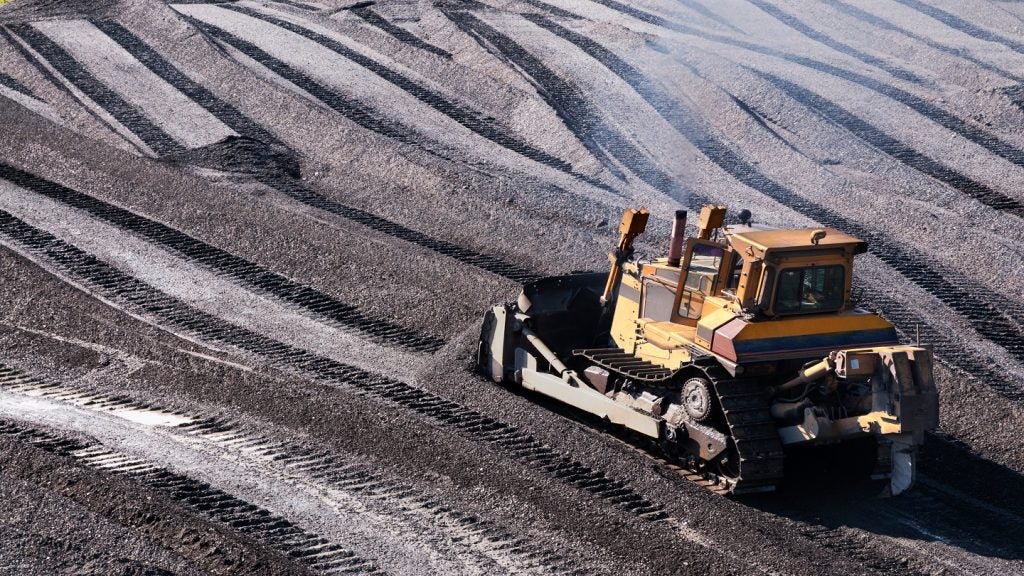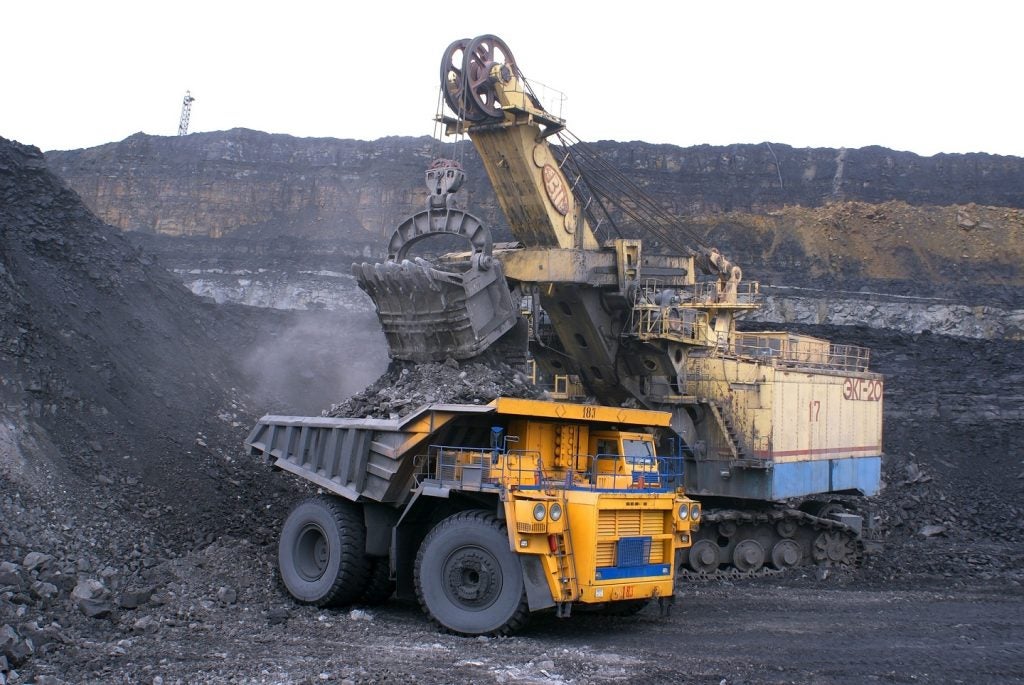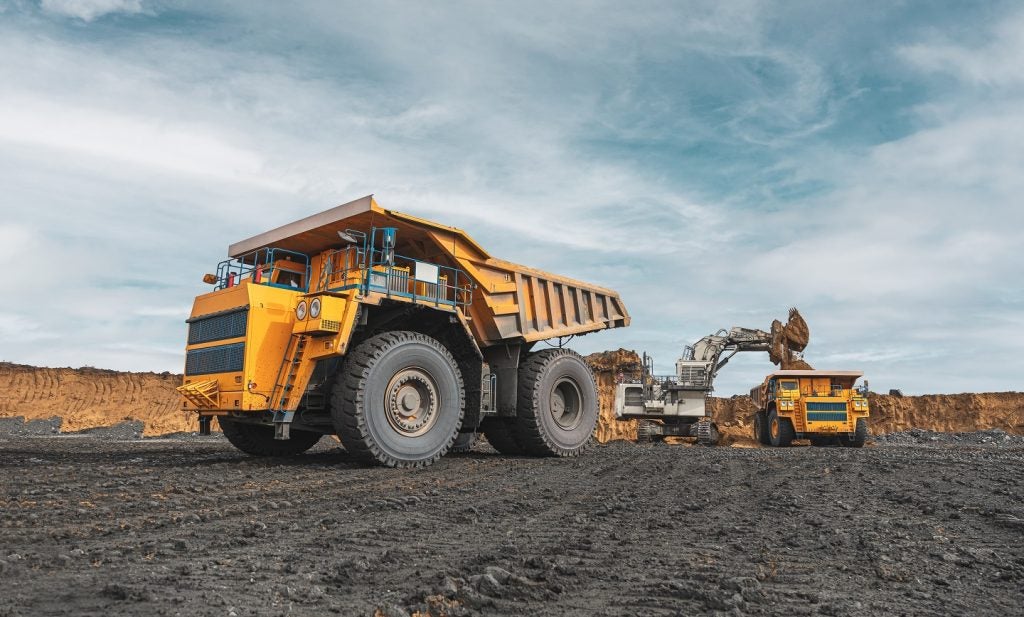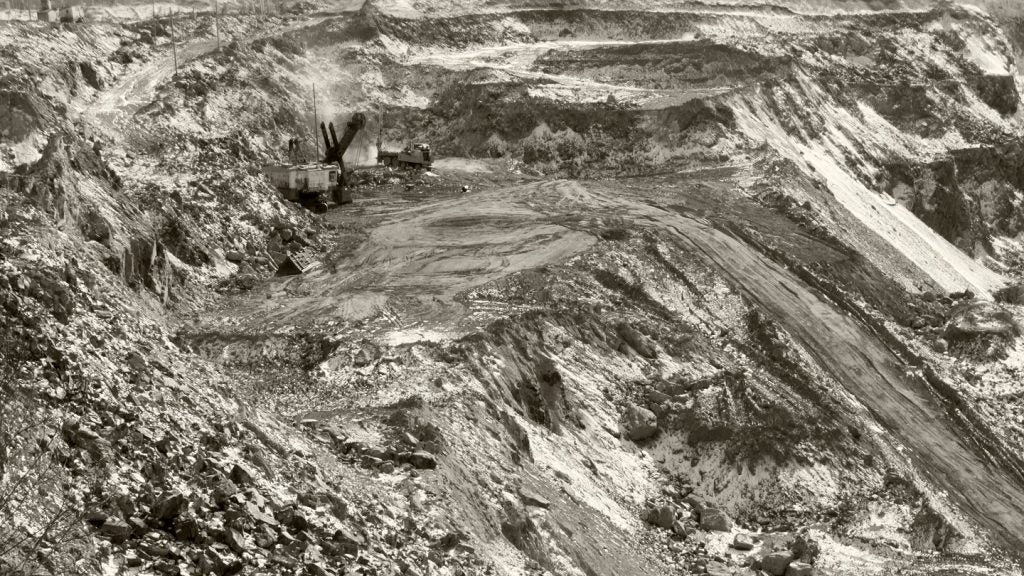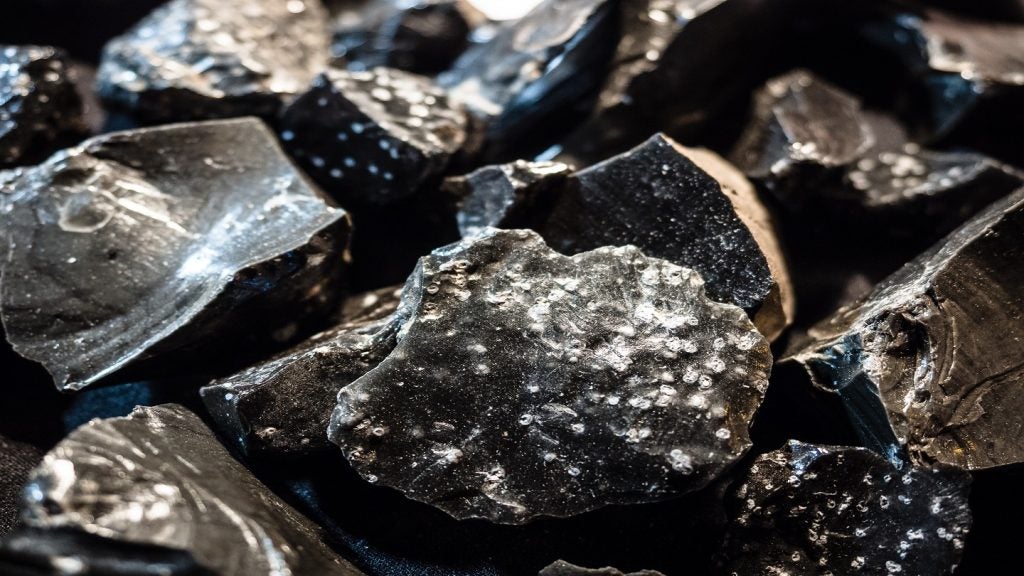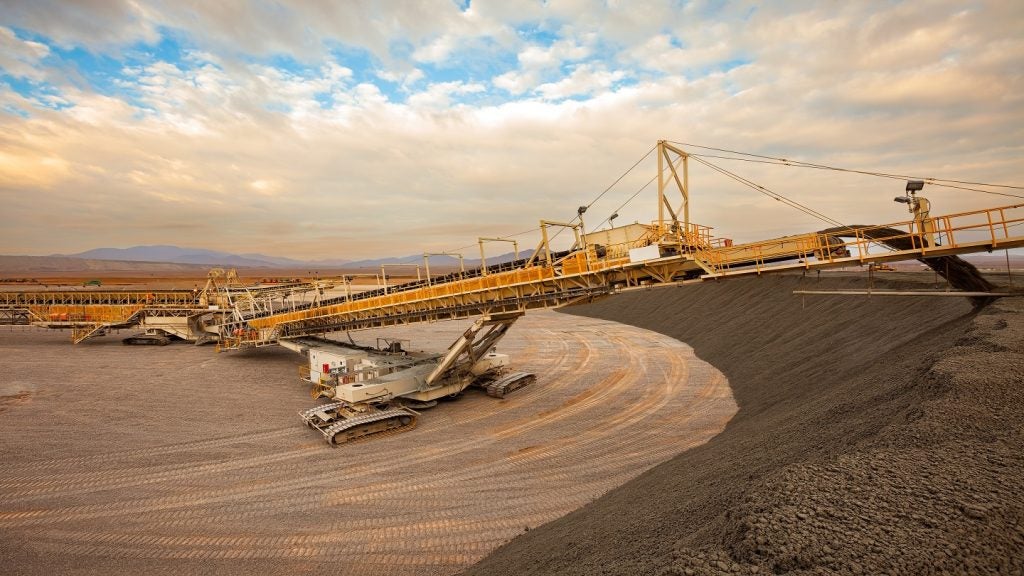Lycaon Resources has secured a mining entry permit for portions of the Ngaanyatjarra Central Australia Reserve in relation to E80/5723, E80/5867 and E80/5868 at the Stansmore Project in the West Arunta region of Western Australia (WA).
The approval was given by the Minister for Aboriginal Affairs to the company’s subsidiary West Arunta Resources.
It allows West Arunta Resources to access Reserve 24923 and carry out exploration work.
The Stansmore Project is known for its carbonatite target, which features a 700m-long magnetic anomaly.
This geological characteristic is similar to recent discoveries by WA1 Resources and Encounter Resources, indicating the potential for significant rare earth element (REE) and iron oxide copper gold (IOCG)-type mineralisation systems in the region.
In 1982, BHP Minerals' aircore drilling revealed a shallow cover of around 5–10m, suggesting the area's accessibility for exploration.
Southern Geoscience Consultants (SGC) reprocessed magnetic data over the project, identifying multiple new targets with Niobium-REE mineralisation potential.
The company noted that SGC's 3D inversion of the magnetic data has been instrumental in planning the upcoming maiden drill programme.
The inversion, which used public domain magnetic data from around 2010 and a 200m line spacing survey, has defined the Stansmore magnetic anomaly's source as moderately magnetic, with a susceptibility of more than 0.15SI units.
Adjacent magnetic anomalies, Volt and Ions, have been characterised by low-to-moderate magnetic susceptibility, ranging from 0.025 to 0.075SI units.
These findings are significant as alkaline systems are crucial in forming IOCG and carbonatite-hosted REE deposits.
The region is experiencing a resurgence in exploration for these types of deposits, which are vital for REE and niobium production.
Particularly, carbonatite deposits are the source of the REE mine Bayan Obo in Inner Mongolia, Lynas Rare Earths' Mt Weld deposit, and the three major operating niobium mines globally.
The Government of Australia has identified niobium as a critical mineral, essential for the economy and potentially at risk of supply disruption.


